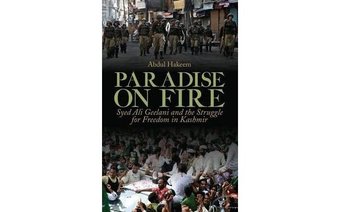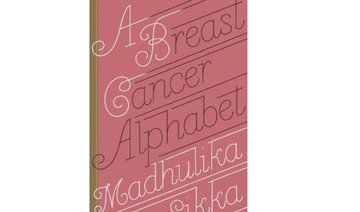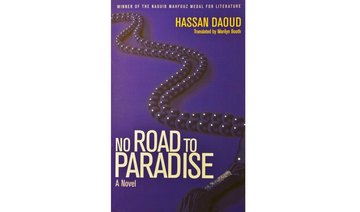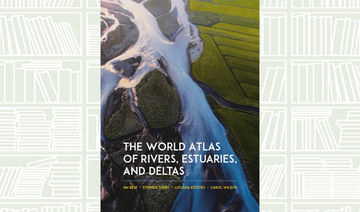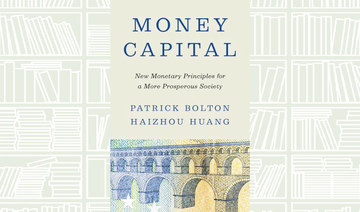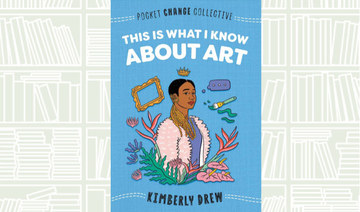As I began reading this book, I remembered what Pico Iyer, a wonderful travel writer, said about Jerusalem: “I would never call Jerusalem beautiful, or comfortable or consoling. But there’s something about it that you can’t turn away from.” I wonder if Paola Caridi felt the same way. Did she also find in Jerusalem something that she would never forget?
Born in Italy, Caridi is a journalist who specializes in the Middle East and North Africa. After a two-year stay in Cairo, from 2001-2003, she left for Jerusalem where she lived for ten years. In 2013, Caridi’s portrait of Jerusalem was released in Italian and was this year published in English, under the title “Jerusalem without God: Portrait of a Cruel City.” The English translation was published by The American University in Cairo Press.
Caridi found the ten years she spent in Jerusalem to be the most demanding of her life. When she bade farewell to Jerusalem, she wrote that she felt no nostalgia or regret. She felt nothing until, months later, she heard the Muslim call to prayer in Sicily.
“Those words… roused in me the sweet taste of nostalgia, the soothing sense of nostalgia. Suddenly, I discovered with a resonant flash that I did not regret the streets of Jerusalem, the sacred stones, the dazzling white of its historical architecture and the artificiality of its present architecture… I missed the rhythms of the day,” Caridi wrote.
“The call to prayer has been so precious to me that, even now when I am no longer in Jerusalem, it takes me back to real time, time that is more consistent with a nature we have violated over the years and centuries,” she wrote.
This book, however, is not a complacent and lyrical description of Jerusalem. The author takes a hard look at the city. Nothing escapes her blunt judgment.
The visit to Jerusalem starts in the old quarter of Musrara in the company of 80-year-old Michel. His father, an accountant who worked for the British Mandate of Palestine, moved his family to the first mixed district, which was created outside the walls of the Old City.
As the mandate came to an end, the British thought it was necessary to divide the street in half to separate the adversaries. However, the situation reached a point of no return with the horrendous massacre at Deir Yassin on April 9, 1948. This mass slaughter triggered the Palestinian flight from Jerusalem’s city center and the surrounding villages.
Michel and his family, like almost all of Musrara’s inhabitants, left their homes. They were replaced, between 1948-1964, with immigrant Jews who predominantly came from Europe.
Nowadays, more than 2000 people live in 610 lodgings, which more often than not consist of one single room. The public authorities allowed Musrara to fall into disrepair because the long-term plan was to drive the inhabitants to sell their old Arab houses. However, the inhabitants refused to leave and wanted to have a say in the renovation plans, which involved the challenge of restoring the traditional Arab houses. Musrara is now home to Orthodox Jewish families and a small community of international diplomats and journalists.
“Arab Musrara, like many parts of Palestinian Jerusalem, is today a remnant of what it used to be… It is like a fossil buried in stone, following that same historical path of the two parts of Musrara: The Israeli part, fully within the social changes of the country, and the Palestinian part, frayed and… without a new identity that could take the place of its ancient heritage. Arab Jerusalem is more and more split into tiny islands, compounds, enclaves and districts that have lost the connection to city life. The reasons, of course, lie in the conflict,” the author wrote.
Despite all these divisions and ill feelings, there are places, like Mega or Malcha Mall, which the author describes as “reconciled common space” were everybody meets. Israelis and Palestinians shop here because you pay less for more — they are united in their hunt for a bargain.
“The problem, if anything, is how to translate a common belonging into political and institutional terms,” Caridi wrote. For a growing number of Israeli and Palestinian intellectuals, “the remedy is as simple as it is revolutionary: Jerusalem should be one and shared. That is, it should remain united and should be shared — one city for two communities.
“The idea of a city undivided and shared by its inhabitants springs exactly from the utter awareness of what takes place in the city. Daily life is, in fact, the primary indication that Jerusalem cannot be divided,” the author noted.
Speaking her mind with an open heart, Caridi gives the reader an in-depth look at a complex city and its daily dramas.
Book Review: Life in Jerusalem
Book Review: Life in Jerusalem
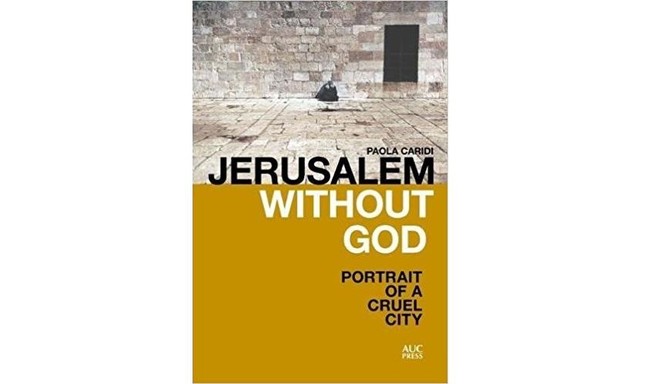
What We Are Reading Today: Birds of the Middle East
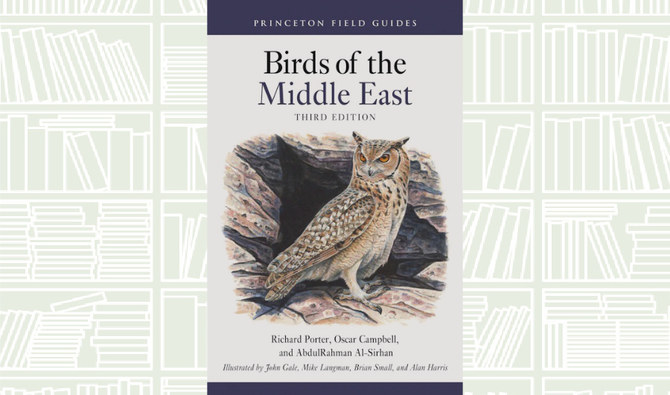
Authors: Richard Porter, Oscar Campbell, & Abdulrahman Al-Sirhan
The Middle East is home to some of the most spectacular birdlife in the world.
It features 180 superb color plates depicting some 900 species and subspecies as well as 646 color distribution maps that show the breeding range for almost every species.
Book Review: ‘The Undiscovered Self’ by Carl Jung
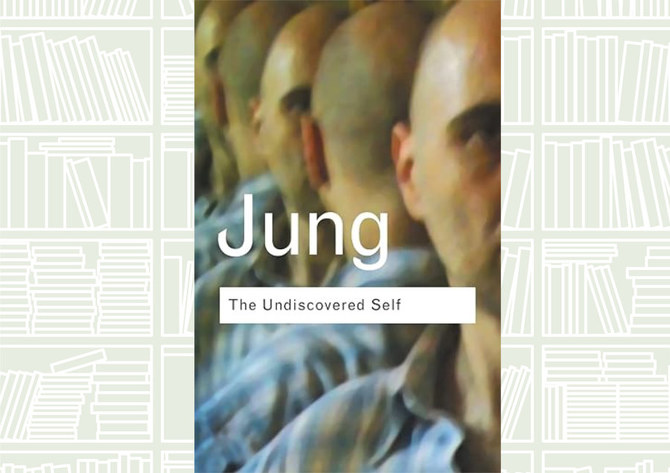
- Loss of personal responsibility, the author suggests, can lead to the rise of mass movements and, ultimately, totalitarianism
“The Undiscovered Self,” written by Swiss psychiatrist and psychoanalyst Carl Jung in 1957, delivers a warning about the dangers of modern collectivism, arguing that individuals are increasingly losing touch with their true selves.
Loss of personal responsibility, the author suggests, can lead to the rise of mass movements and, ultimately, totalitarianism.
The book offers a prescription for individual psychological development and moral autonomy as an antidote to society’s collectivist forces.
Jung explains the structure of the psyche, with the conscious ego and much larger subconscious, which contains universal archetypes, as well as personal complexes and shadows that shape our behavior.
The book emphasizes the importance of understanding and integrating the unconscious rather than just relying on the conscious mind.
Jung also explores the notion of “self,” defining “individuation” as the process of integrating the conscious and unconscious to become a whole, individualized person.
This requires embracing one’s shadow side and personal complexes, not just the socially acceptable persona.
True individuality and freedom come from this process of self-discovery and self-realization, Jung believes.
He encourages individuals to take responsibility for their psychological development, a process that involves introspection, self-knowledge, and a willingness to confront the unconscious.
For additional reading, I would recommend “The Red Book,” which outlines the development of many of Jung’s major theories.
What We Are Reading Today: The World Atlas of Rivers, Estuaries, and Deltas
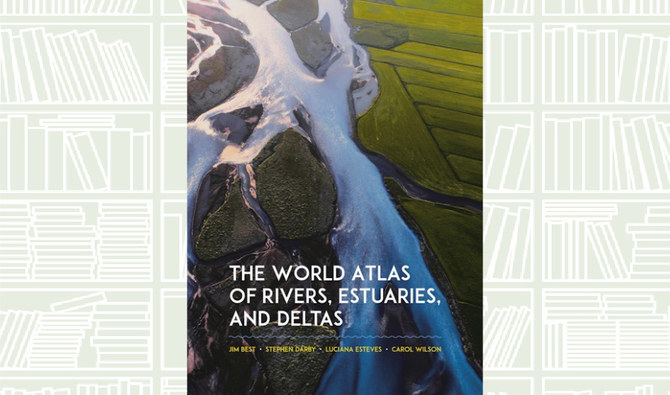
Authors: Jim Best, Stephen Darby, Luciana Esteves, & Carol Wilson
From the Congo and the Mekong to the Seine and the Mississippi, Earth’s rivers carve through landscapes before coursing into the world’s oceans through estuaries and deltas.
“The World Atlas of Rivers, Estuaries, and Deltas” takes readers on an unforgettable tour of these dynamic bodies of water, explaining how they function at each stage of their flow.
What We Are Reading Today: Money Capital

Authors: Patrick Bolton & Haizhou Huang
In this book, leading economists Patrick Bolton and Haizhou Huang offer a novel perspective, viewing monetary economics through the lens of corporate finance.
They propose a richer theory, where money can be seen as the equity capital of a nation, playing a similar role as stocks for a company.
What We Are Reading Today: ‘Crossing Thoughts’

Author: Sultan Ayaz
“Crossing Thoughts” is a fantasy novel in English by Saudi author Sultan Ayaz, published in 2017.
Ayaz’s novel is about humans defending their homeland against demon oppression. It is about the eternal fight between humanity and demons, and the person who stands between them.
The story begins with Drake, a child who lives a peaceful life with his family in a small town. However, a demonic attack destroys the village, but Drake somehow survives.
Three characters emerge: Aria, Ray and Amber, who study the nature of elements at the Grand College of Elements in the Kingdom of Iora, one of three kingdoms suffering demonic oppression. They learn to employ elemental magic as a weapon against their demonic opponents.
Aria (wind element user), Amber (fire element user) and Ray (thunder element user) end up fighting a sea demon and are discovered by a mysterious man called Soul, who admires their powers and helps them train to become “demon slayers,” to free humans from oppression.
There are many fight scenes in the storyline using magic and elements, and the book is full of drama, plot twists and terror.
What I liked about the narrative is how easy it is to read and follow, and the development of the world building —from the village to the Kingdom of Iora.
The female characters in the novel shine brighter and have distinct styles, making them more intriguing to read about, and each possesses a particular power.
It might be confusing for some readers that the story begins with Drake’s perspective and then cuts to the story of Aria, Amber and Ray. However, the more you read, the more intriguing the female storylines become.
The book has received four-plus star ratings on the Goodreads website and is simple enough to read in one sitting.
In 2020, Ayaz became one of the first Saudi novelists to have a fiction work in English published overseas when Olympia Publishers, a British publishing house, purchased the rights to “Crossing Thoughts.”
The novel is also set to be adapted into a Manga comic by Manga Arabia.


